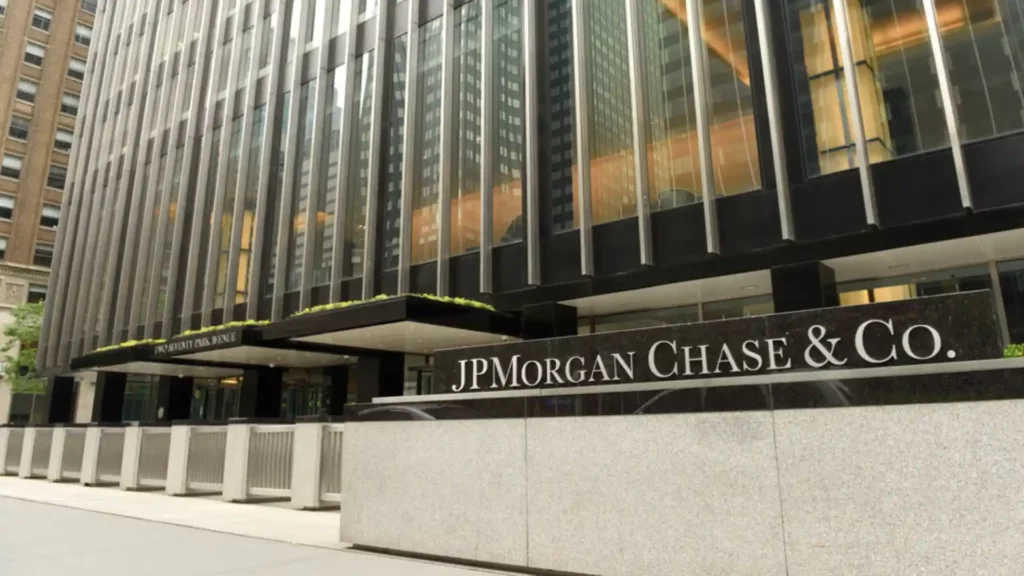New York City Comptroller Brad Lander has agreements with Citigroup, JPMorgan, and Royal Bank of Canada (RBC) that require the disclosure of a new climate metric. The three banks will make public their funding ratios for fossil fuel projects and low-carbon energy projects, according to Lander, who is in charge of public retirement assets.
In exchange, shareholder motions demanding the disclosures at each bank have been withdrawn by retirement funds Lander assists in managing.
Disclosing Authority Aims to Hold Banks Accountable on Climate Pledges
Lander commented that the increased transparency will enable investors to effectively measure how well they are or aren’t living up to their commitments. He also said, “As leading public investors, they expect that the energy supply ratio disclosure will become a new standard for the banking sector.”
A JPMorgan representative commented that the bank and Lander were able to reach an agreement on the disclosure of a clean energy financing ratio, knowing that it would require time and resources to create a strategy that would be useful for making decisions.
According to a spokeswoman for Lander, the bank’s upcoming reports ought to include their project financing, syndicated lending, and equity and debt underwriting, at the very least. The spokesperson also stated that in order to give the market greater information and transparency about their operations and what financing the transition actually entails, they will interact with NYC and their shareholders.
Citi to Include New Metric in Existing Climate Reports
Jennifer Livingstone, vice president of climate at RBC, reported that the company had a positive conversation with Lander and that it intended to increase lending for low-carbon energy projects. Having completed its acquisition of HSBC Canada without incident, Royal Bank of Canada has solidified its position as the nation’s largest corporation.
The bank’s current valuation is approximately $193 billion, which puts it $50 billion ahead of TD Bank in second place. This is due to RBC’s stock price rising by about 24% in the two months prior to the federal government approving the deal right before Christmas.
She also mentioned in a written statement that in their 2024 Climate Report, they intend to include a clean energy supply financing ratio since it supports their strategic goals.
Val Smith, Chief Sustainability Officer at Citi, also commented that said that the new measure will complement the collection of measures included in the bank’s climate reporting. They will also continue to keep up a positive conversation with the Comptroller’s office.
Reporting Commitment and Increased Low-Carbon Lending
More openness in climate funding is made possible by this agreement between New York City and three large banks. Banks’ climate promises will be held responsible by revealing the percentage of funding allocated to low-carbon projects compared to fossil fuels. The energy supply ratio may establish industry standards and provide investors with insightful information.
Although several banks concede that it would take time to create reliable measurements, all of them made a commitment to reporting, and RBC intends to increase lending for low-carbon projects. This agreement is a step in the right direction for a more environmentally friendly financial future.
